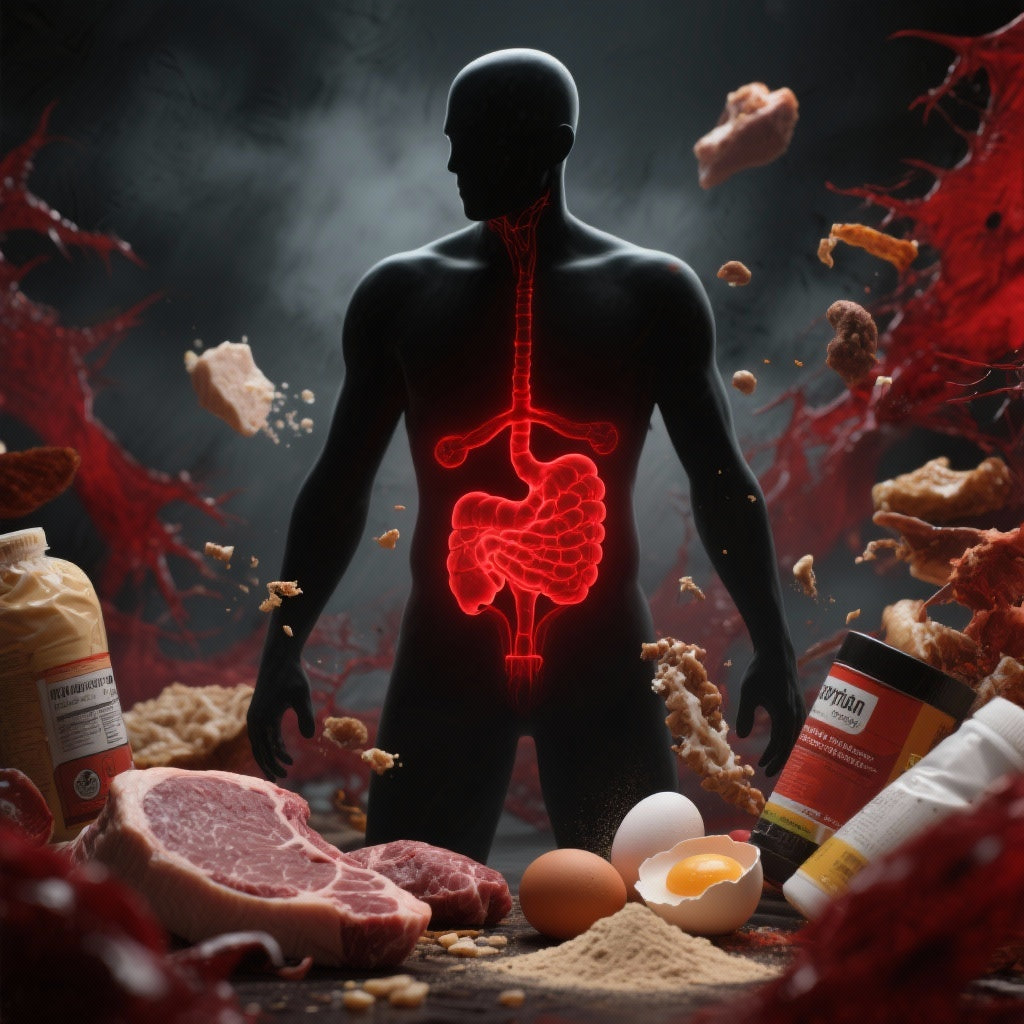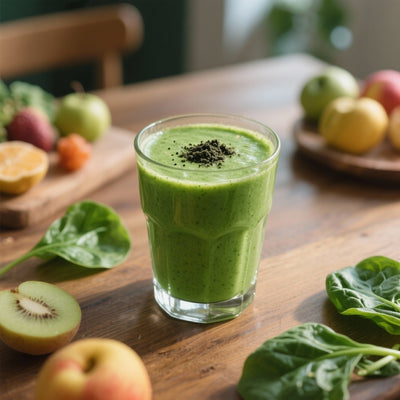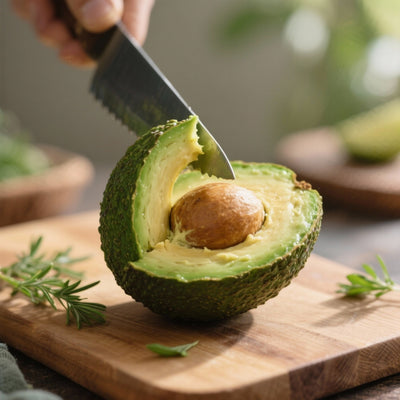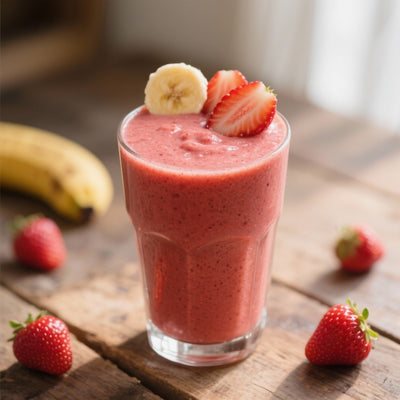Warning: 87% of high-protein diets put serious strain on your kidneys
Published by PURLEMA Nutrition on
The cult of protein is everywhere. It's found in powders, bars, and fad diets, promising slimming, performance, and health. But behind this facade lies a less glamorous reality: excessive protein consumption can be extremely dangerous for your kidneys. According to recent studies, up to 87% of high-protein diets put undue strain on this vital organ, potentially leading to serious complications.
In this article, we will explore the hidden dangers of high-protein diets, understand how they affect your kidneys, and give you practical tips to protect your kidney health while achieving your nutritional goals.
Why Are Proteins Essential... and Dangerous?
Proteins are the building blocks of our bodies. They are essential for growth, tissue repair, the production of enzymes and hormones, and the proper functioning of the immune system. However, unlike carbohydrates and fats, proteins cannot be stored by the body. Excess protein is converted into glucose or fat, and nitrogenous waste (urea) is filtered by the kidneys before being eliminated in urine. This is where the problem begins.
The Harmful Impact of High-Protein Diets on the Kidneys
Excessive protein intake overloads the kidneys, forcing them to work harder to eliminate nitrogenous waste. This overload can lead to:
- An increase in glomerular pressure: The glomeruli are the filtration units of the kidneys. Excessive pressure can damage them in the long term.
- Proteinuria: The presence of protein in the urine is a sign that the kidneys are not filtering properly.
- Dehydration: The kidneys need water to eliminate waste. A high-protein diet can lead to dehydration, worsening the situation.
- An increased risk of kidney stones: Certain high-protein diets, such as the ketogenic diet, can increase the risk of kidney stone formation.
- Acceleration of chronic kidney disease (CKD): In people already suffering from CKD, a high-protein diet may accelerate the progression of the disease.
It is important to note that people already suffering from kidney problems are particularly vulnerable to the adverse effects of high-protein diets.
Warning Signs: How to Know if Your Kidneys Are Suffering?
Kidney problems often develop silently. It is therefore crucial to be attentive to the following signs:
- Unexplained fatigue
- Swelling of the ankles and feet
- Frequent need to urinate, especially at night
- Foamy urine
- Loss of appetite
- Metallic taste in the mouth
- Muscle cramps
If you experience one or more of these symptoms, consult a doctor as soon as possible.
What is the ideal amount of protein?
Protein requirements vary depending on age, sex, physical activity, and health status. Generally, the recommended daily intake is 0.8 grams of protein per kilogram of body weight for healthy adults. Athletes and highly active individuals may need slightly more, but it's important not to exceed 1.2 to 1.7 grams per kilogram of body weight.
"It's not about the quantity of protein you consume, but the quality and how you consume it."
How to Protect Your Kidneys While Achieving Your Nutritional Goals
Here are some practical tips to preserve your kidney health while still enjoying the benefits of protein:
- Prioritize high-quality proteins: Choose complete protein sources, i.e., those that contain all the essential amino acids, such as eggs, fish, poultry, tofu, and quinoa.
- Vary your protein sources: Don't rely on just one protein source. Alternate between animal and plant-based proteins to achieve a balanced nutritional profile.
- Avoid excess: Follow the recommended protein intake guidelines. Remember that many foods, such as vegetables and grains, also contain protein.
- Drink plenty of water: Water is essential to help the kidneys eliminate waste. Aim for at least 2 liters of water per day.
- Limit your salt intake: Salt can raise blood pressure, which can damage the kidneys.
- Moderate your alcohol consumption: Alcohol can also put pressure on the kidneys.
- Exercise regularly: Physical activity helps maintain a healthy weight and improves blood circulation, which is beneficial for the kidneys.
- Consult a healthcare professional: If you have any concerns about your kidney health, seek advice from a doctor or nutritionist.
Healthy Alternatives to High-Protein Diets
If you're looking to lose weight or gain muscle, there are healthy alternatives to high-protein diets. Focus on a balanced diet rich in fruits, vegetables, whole grains, and healthy fats. Regular exercise is also essential for reaching your goals.
Conclusion: Listen to your body and protect your kidneys.
Protein is essential for our health, but excessive consumption can be harmful to our kidneys. By eating a balanced diet, drinking enough water, and paying attention to your body's signals, you can protect your kidney health while still achieving your nutritional goals. Remember, moderation is key!











